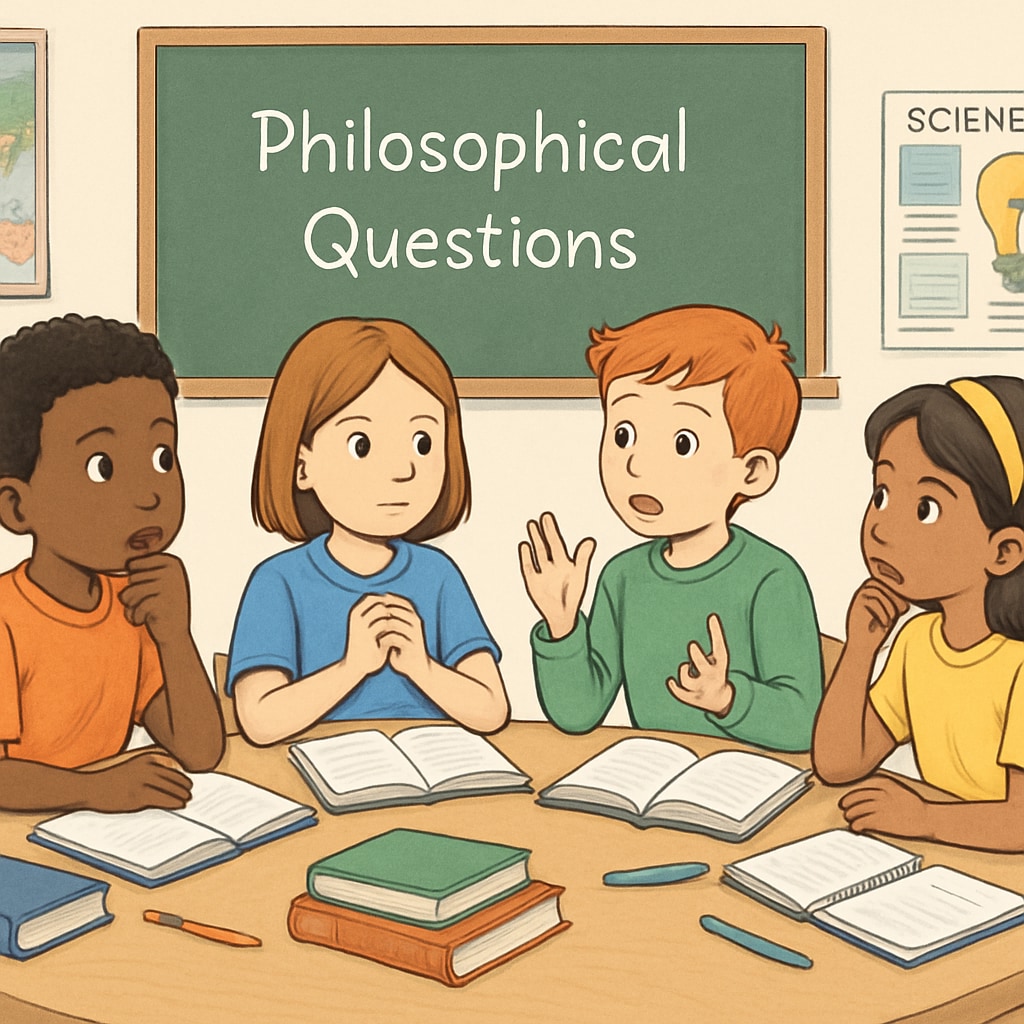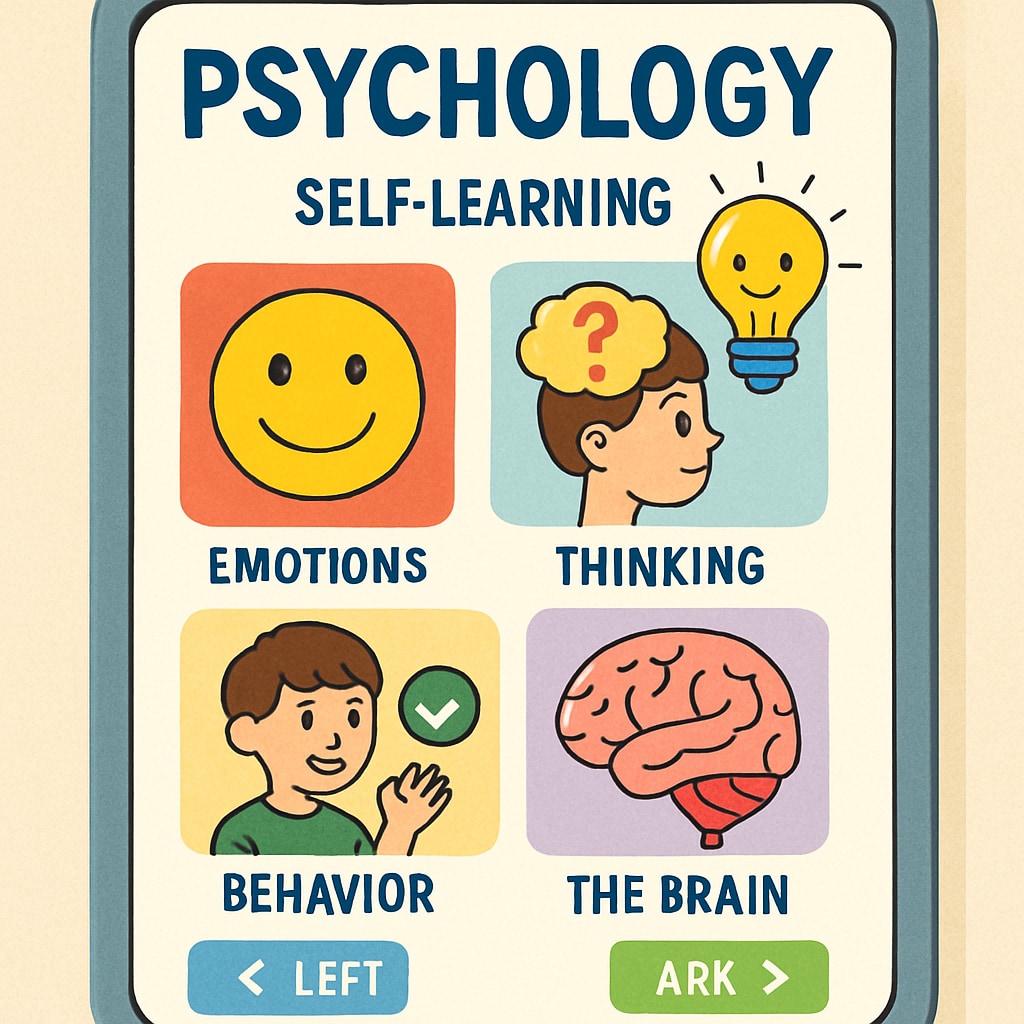Introducing psychology, philosophy, and self-learning resources in the K12 stage can help children develop critical thinking skills and a healthy value system. While schools may not always include these subjects in their curricula, parents and educators can leverage accessible, engaging resources to guide young learners toward these profound disciplines. This article explores effective strategies and entry-level materials to spark curiosity and empower children to explore psychology and philosophy independently.
Why Psychology and Philosophy Matter in K12 Education
Psychology and philosophy are essential for fostering self-awareness, ethical reasoning, and analytical skills. Psychology helps students understand how the human mind works—emotions, cognition, and behavior—while philosophy challenges them to think critically about life’s biggest questions, such as morality, existence, and personal identity.
Integrating these subjects during the K12 stage cultivates problem-solving abilities, empathy, and decision-making skills. For example, a basic understanding of psychology can help children navigate relationships and emotions, while philosophy can encourage them to question assumptions and develop independent thought.

Key Entry Points for Psychology and Philosophy Learning
For beginners, starting with simple and relatable content is essential. Here are some recommended resources:
- Books: Select age-appropriate books like “What is Psychology?” by Ellen Pastorino or “The Philosophy Files” by Stephen Law. These provide foundational knowledge through relatable examples and engaging narratives.
- Online Platforms: Websites such as Simply Psychology and Stanford Encyclopedia of Philosophy offer free articles and beginner-friendly content.
- Interactive Tools: Apps like “BrainPOP Psychology” and “Philosophy Adventure” offer gamified learning experiences that appeal to younger audiences.
- Podcasts and Videos: Channels such as “CrashCourse Psychology” and “Wireless Philosophy” on YouTube provide bite-sized lessons ideal for K12 learners.
These resources provide a mix of visual, auditory, and textual content, ensuring that students with diverse learning preferences can engage effectively.

Practical Methods for Incorporating Psychology and Philosophy
Introducing psychology and philosophy doesn’t require a formal classroom setup. Parents and educators can use everyday scenarios to encourage learning:
- Discussion-Based Learning: Pose open-ended questions such as “Why do people behave differently in similar situations?” or “What makes something right or wrong?” to spark curiosity and debate.
- Real-Life Applications: Use psychological concepts like the “growth mindset” to help children develop resilience, or explore philosophical dilemmas like the “trolley problem” to teach ethical decision-making.
- Creative Expression: Encourage students to write reflective essays, draw mind maps, or create skits based on philosophical or psychological themes.
By blending practical exercises with theoretical knowledge, students can gradually integrate these disciplines into their daily lives.
Benefits of Early Exposure to Psychology and Philosophy
Students who begin exploring psychology and philosophy early gain unique advantages. They develop emotional intelligence, learn to navigate complex social situations, and build resilience in the face of challenges. These subjects also enhance their ability to reason logically, question assumptions, and approach problems with a clear, impartial mindset.
Moreover, these skills serve as a foundation for lifelong learning and personal growth. As a result, students are better equipped to make informed decisions, understand themselves and others, and contribute meaningfully to society.
Final Thoughts: Introducing psychology and philosophy during the K12 years is a rewarding choice for parents and educators. Armed with the right self-learning resources and strategies, children can embark on a journey of mental and ethical exploration that shapes their worldview and cognitive abilities for years to come.


